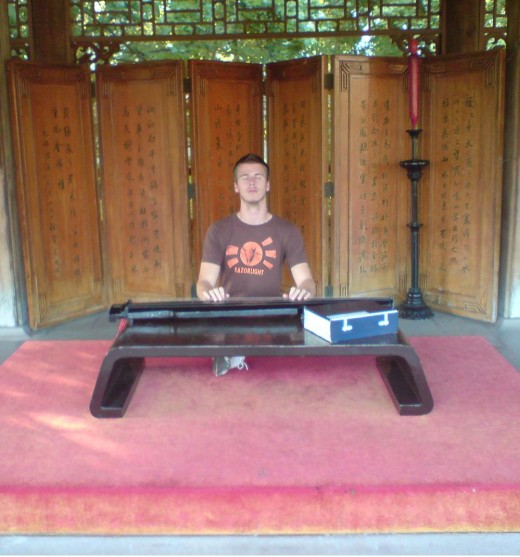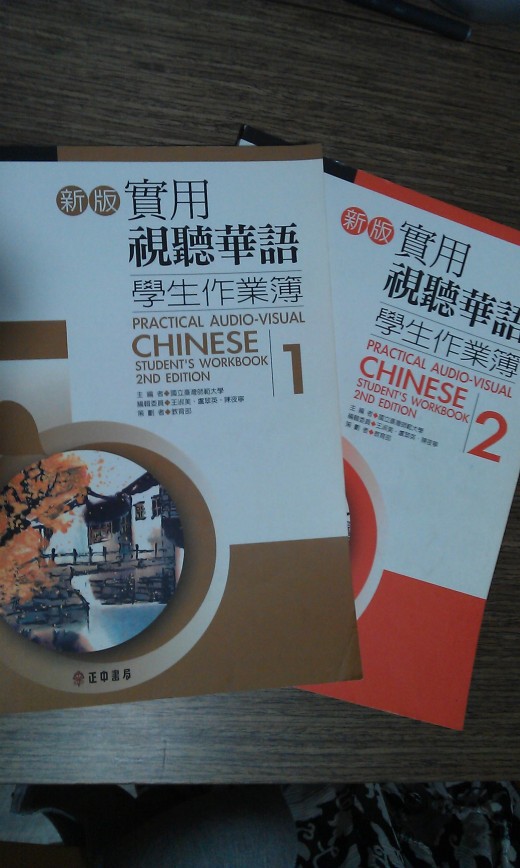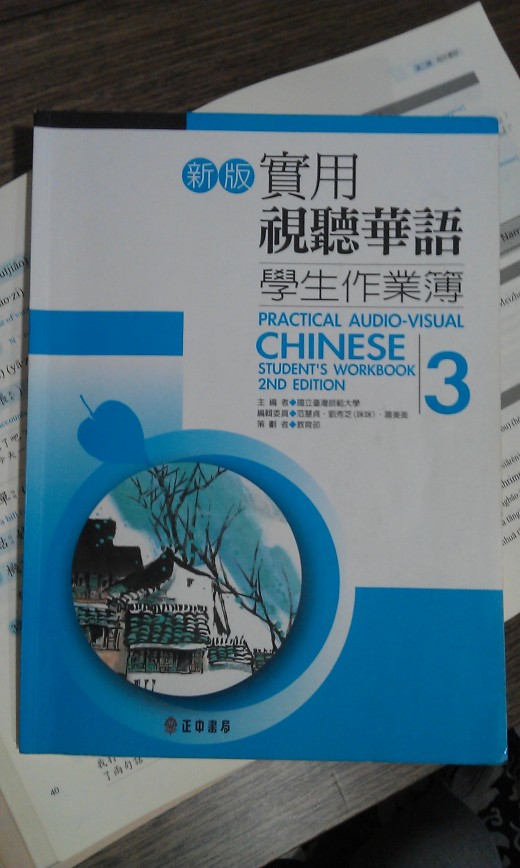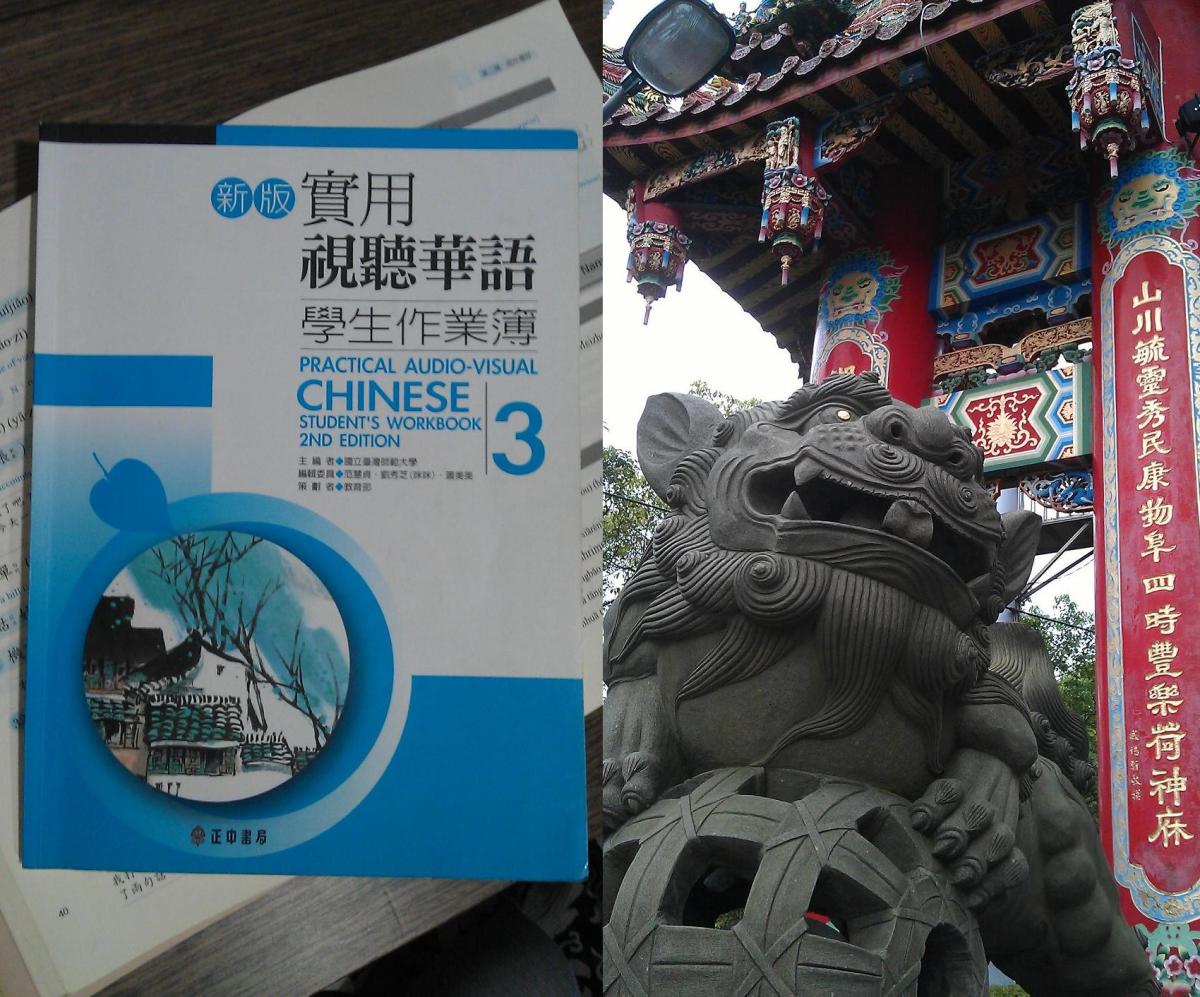Speak Mandarin Chinese in 18 Months
CHINESE IN 18 MONTHS
If you would love to be able to speak Chinese using a wide range of vocabulary and sentence patterns, understand everything native Mandarin speakers say to you, and write thousands of Chinese characters from memory all within a mere 18 months, then you should read these posts carefully.
In this introduction, I will provide an overview of the techniques and additional practices of what it will take to become a talented speaker of the Mandarin Chinese language. Before delving deeper into the methods you will use in each of the 18 months, let me highlight some of the things that can help you get through the learning Chinese course including: cultural immersion in a Mandarin-speaking country such as Taiwan, hiring a Chinese tutor, practice speaking Chinese, and how to stay motivated throughout the intense 18 month course.
I would like to emphasize that this 18 month course requires a great deal of effort and daily study. Therefore, only those who can commit at least two hours per day to focused study should expect to reach the intended level that completing this course will provide.

Chinese is Easy to Learn
It’s time to dispel the myth that Chinese is incredibly difficult. Of course, it will take more time to get to a decent level compared to learning another European language such as Spanish or German; however it is not as hard to learn as most people think. Some people have even tried to become fluent in 3 months! Besides having significantly less sounds and grammar rules than English, Mandarin Chinese follows very logical processes to form words and phrases. Sure, progress will be slow and steady at first, but through determination and daily practice, there will come a certain point at which your abilities improve rapidly.

Cultural Immersion for Speaking Chinese
Besides being a wonderful experience, immersing yourself in the fascinating and ancient culture of a mandarin-speaking country is an excellent way to reduce the amount of time you need to become an excellent Chinese speaker. Every single day in Taiwan, I have the opportunity to practice conversing with natives, many of whom cannot speak English. Even when conversing with fluent English-speaking Taiwanese, they are eager to see how good you can speak Chinese and enjoy practicing it with you often. Additionally, because you have shown interest and effort in learning their language, the people really open up and want to find out everything about you.
Thanks to this daily interaction, your confidence in speaking Mandarin in public will go through the roof to the point that you begin to think only in Chinese. What’s more, you will be up to your ears in Chinese characters rather than the odd trip to a Western Chinese restaurant. This real-world practice will help reinforce characters you have already learned as well as teach you some new ones.
With many employment and study opportunities for English speakers in Taiwan and Mainland China, immersing yourself in a foreign culture should be a priority if you are really serious about becoming fluent in Mandarin. If an extended stay in Taiwan is simply not possible, then a holiday would be useful to come and see how much you have improved, plus you’ll be able to visit some of Taiwan’s amazing temples, incredible mountains, and fun annual events.
Hire a Chinese Tutor
Starting your journey towards mastering the Chinese language can be a little intimidating with so many questions running through your mind, such as where to begin, where to find material, which textbooks to buy, where to find online resources, etc. All this puts unnecessary pressure on you and you may decide to give up before you have even started. To overcome this pressure, try looking for a good Chinese tutor and make an appointment. The simple act of making an appointment will force you to launch your Mandarin studies and builds excitement. In my experience, good tutors will answer all of your important questions in the first session free of charge as well as assessing your current ability.

Practice Speaking Chinese
If you want to improve at anything in life, you must practice daily. I read that Mark Zuckerberg practices Chinese a few hours every morning and I’m sure it’s paying off nicely. It doesn’t matter at what point of the day you set aside for Chinese practice as long as you actually practice. As a beginner, you will begin with learning the new sounds in Chinese and then move onto some vocabulary and grammar rules. This practice requires studying good textbooks and usually lessons with an experienced teacher to make sure you get the tones right and iron out any initial problems before they become a habit.
Become Fluent in Chinese
After about a year of solid learning, you should be able to hold conversations with Chinese speakers. At this point, your daily practice can move away from textbooks and you can really start to enjoy Chinese for the reasons that you decided to learn it – talking to people. Of course, you can continue to study more about the language and take your Chinese to a really high level but that’s a personal choice and not necessary if you just really want to talk and have fun with Mandarin-speakers.
Why limit yourself to specific class times when you can practice all day? Throughout your learning, there are countless opportunities for extra practice in speaking, listening, reading, and writing Mandarin every day. No matter whether you are a single twenty year old with plenty of free time or a busy parent working full-time, there are always ways to fit in some Chinese practice.
Practice Chinese Every Day
Here are some ways to fit Chinese into your daily life without causing any disruption:
- Listening to Chinese from your textbook CD, podcasts or a personal recording while commuting
- Listening to Chinese radio while you do household chores or while getting dressed
- Watching Chinese or Taiwanese programs online
- Reading your Chinese textbooks outside of Chinese class while travelling
- Enjoying a language exchange with a Mandarin-speaking colleague during your lunch hour
- Having a video online chat with a Chinese friend once a week.
Just to reiterate, all of these ideas are not a replacement for focused study and should be used in addition to studying in class, with a tutor or using textbooks on your own.
Motivation to Study Every Day
Staying motivated throughout the course will be one of the hardest parts of your 18 month journey, especially during months 13 to 18. You will probably experience a lot of frustration, mental blockage, and lack of interest. However, by forming the habit of daily practice right at the start of your studies, you will have the ability to get through tough times simply by varying the kind of study that you do each day. Varying your practice is an important skill to have and one that will make sure you blast through to the end towards proficiency.
- When you don’t feel like reading your textbook, you can listen to the included audio CD
- When you don’t feel like memorizing Chinese characters, you can go speak to a friend or video chat online
- When you don’t feel like studying at all, watch a bilingual Ang Lee movie.
More fun resources: 25 Essential Chinese Learning Tools You Should Know About

Months 1-6
The first six months of learning Mandarin Chinese is spent learning the basics. Building a solid foundation based on developing good habits and preventing bad ones from forming will serve you well in the future. Some essential skills to master early include:
- Learning to use and understand the four tones
- Learning Pinyin, recognizing and writing the most common Chinese characters
- Learning some everyday greetings and phrases
- Learning basic sentence patterns
To accomplish these skills, you will require the help of a textbook and work through it either with a teacher or a tutor.
Due to its ease-of-use and wealth of material, the textbook of choice to use during your first six months is Practical Audio-Visual Chinese (otherwise known as PAVC) released by the National Taiwan Normal University. When I studied Chinese, book 1 and 2 were combined into a single textbook. They have since been separated but still contain the same material inside with a few updates to include modern technology. PAVC Books 1 and 2 contain 24 lessons in total, which means that you can complete both books in six months by studying one lesson per week. After 24 weeks, you should be well on your way towards speaking confidently in public and looking forward to the next six months.

Months 7-12
The next six months of learning aims to take your Chinese to the next level by giving you more vocabulary to learn, more sentence patterns, and less opportunities to rely on Pinyin and English for assistance. By now, you are familiar with the Practical Audio-Visual Chinese series of textbooks and workbooks, therefore the most logical next step is to study book 3. PAVC Book 3 has a slightly different layout from the previous books and offers more chance for you to think of your own examples using that particular grammar rule.
Additionally, the student workbook provides much tougher homework assignments that often require looking up additional material to help answer questions and complete English to Chinese translations. There are 14 lessons altogether, which means that studying one lesson every two weeks allows you to complete the book in a little over six months. Complete all three books in 52 weeks and you can celebrate your status as an intermediate learner of Mandarin Chinese. With one year’s experience under your belt, you should now be able to move away from textbooks and onto more efficient practice.
Months 13-18
The last 6 of the target 18 months are the most time-consuming, the most difficult, but also the most rewarding. This is the time when you go from being an intermediate learner to an awesome conversationalist. This practice is definitely not suitable for beginners because it requires knowledge of well over a thousand traditional Chinese characters, including pronunciation and meaning, and knowledge of grammar rules and sentence patterns. It also demands dedication to spending at least 2 hours of focused study per day, although 4 hours per day would be preferable.
By completing PAVC books 1-3 in the manner that is explained in the monthly practice hubs that follow, you will have memorized at least 3000 useful sentences. To get to the magic 10,000 sentences (a well-known method used as an indication of outstanding ability) you will be studying 45 sentences per day using a book aimed at Taiwanese students wanting to learn English. The book contains 8000 practical sentences on almost every subject matter and is useful because the Chinese is more applicable to daily life in Taiwan that the PAVC series. At this stage in your learning, it will be easier for you to pick up new words and sentences, and be able to use them in your daily communication.

Expert Level Chinese Speaker
After 18 grueling but worthwhile months, you will have enough skill to converse easily and naturally with everyone you meet. I didn’t say it would be easy but if you put the effort in, the rewards are there. If you are someone who thinks they can commit this time and effort to completing the course and perhaps are willing to immerse yourself in a foreign culture, then you cannot fail to become an expert Mandarin speaker. Now you know the structure and methods behind studying Mandarin Chinese for 18 months, it’s time to get started with Months 1-6. To begin your exciting course simply move on to the next post for a full study plan.
Note: For those clever people who have already studied the PAVC series of books or a similar course such as Far East Everyday Chinese, simply start the course at the point you finished at with the books. However, please remember that even though you have studied some Chinese already, you still need to commit a few hours each day for purposeful Chinese practice.
18 Month Chinese Study Plan & Timescales
Material
| Practice
| |
|---|---|---|
Months 1 to 6
| PAVC books 1 & 2
| 1 lesson per week
|
Months 7 to 12
| PAVC book 3
| 1 lesson per fortnight
|
Months 13 to 18
| 8000 sentences book
| 45 sentences per day
|








